The decarboxylation of -ketoacids -unsaturated acid an germinal diacid proceed through the fomultlon of cyclic transition state in presence of heat.
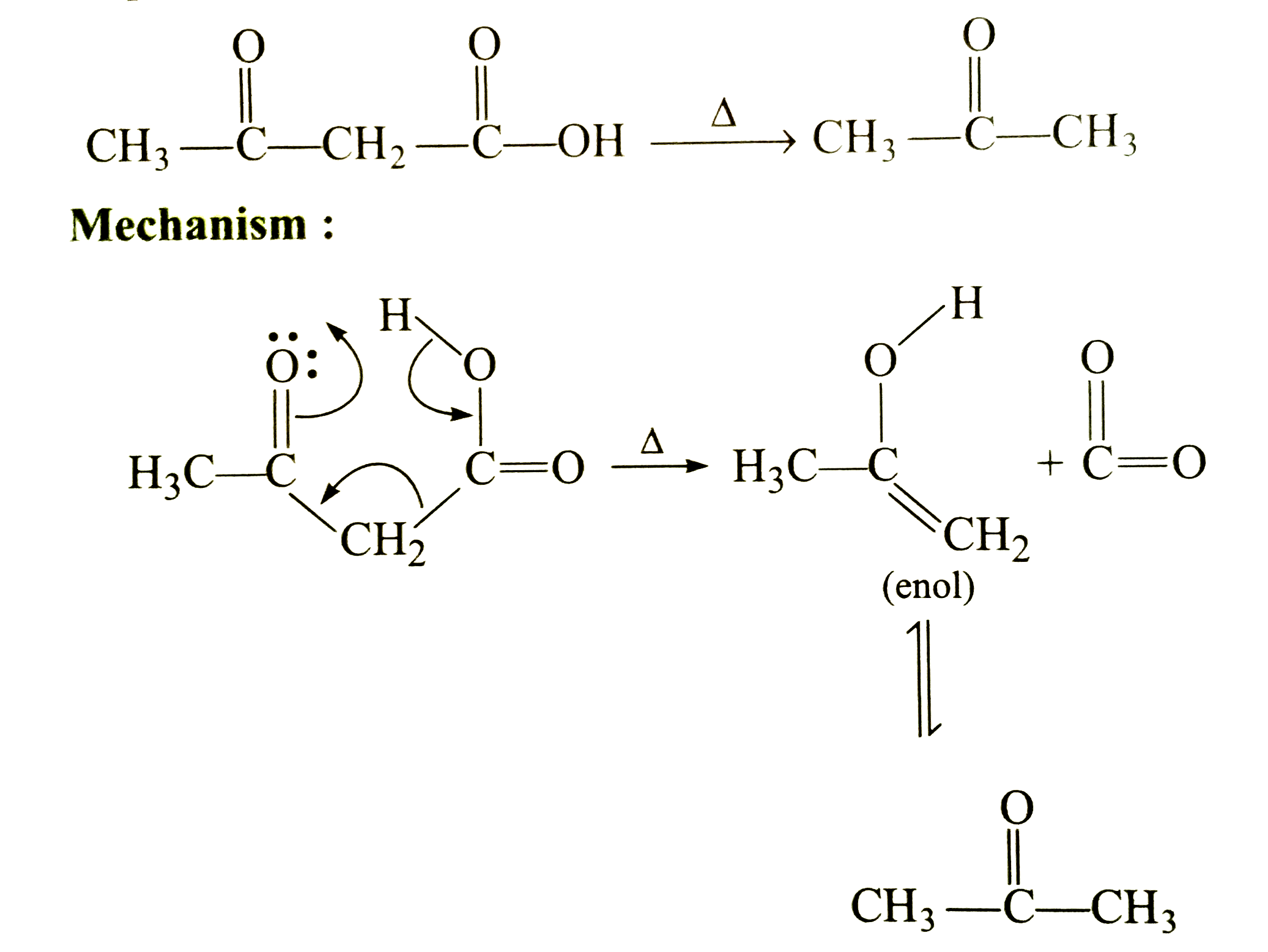
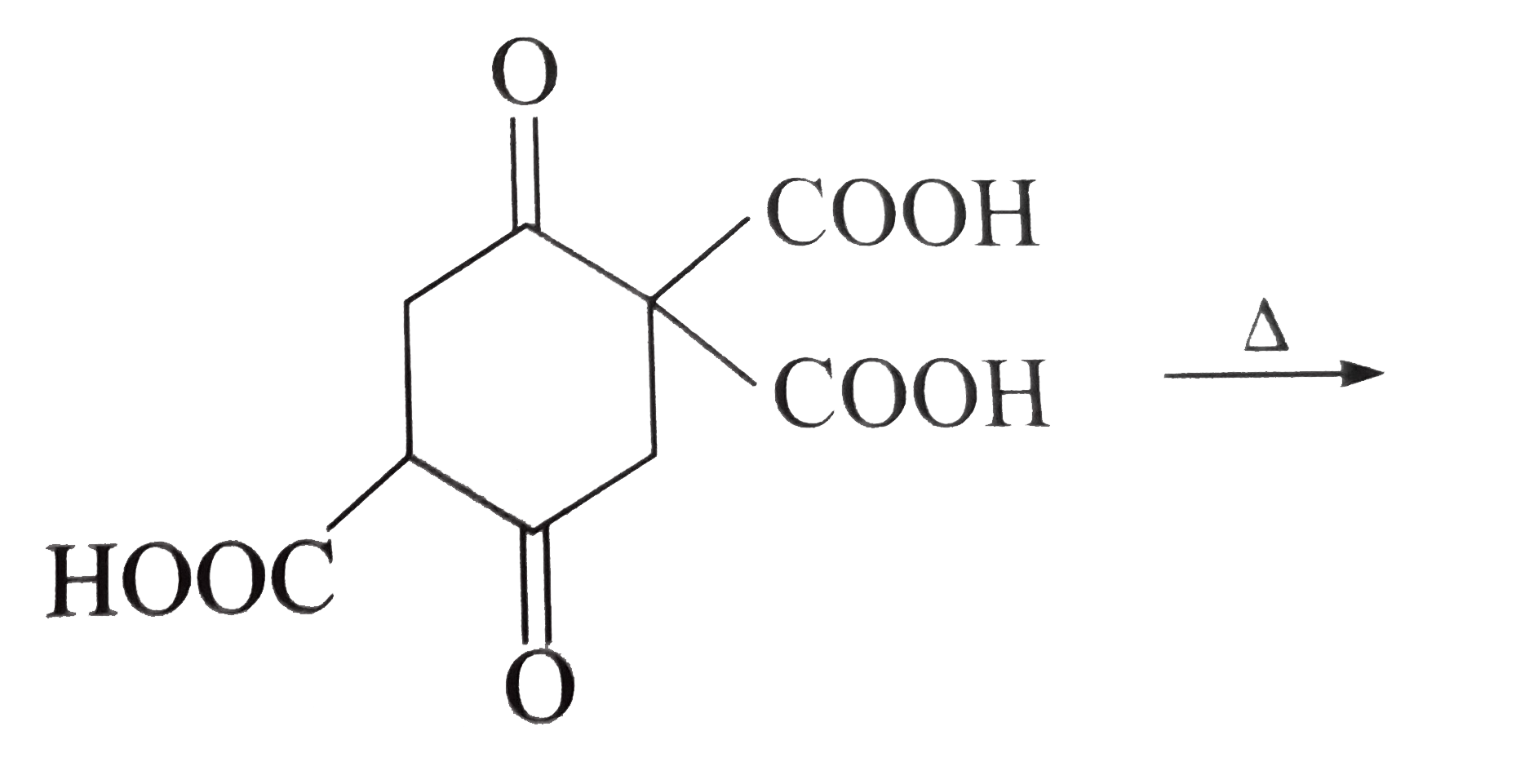
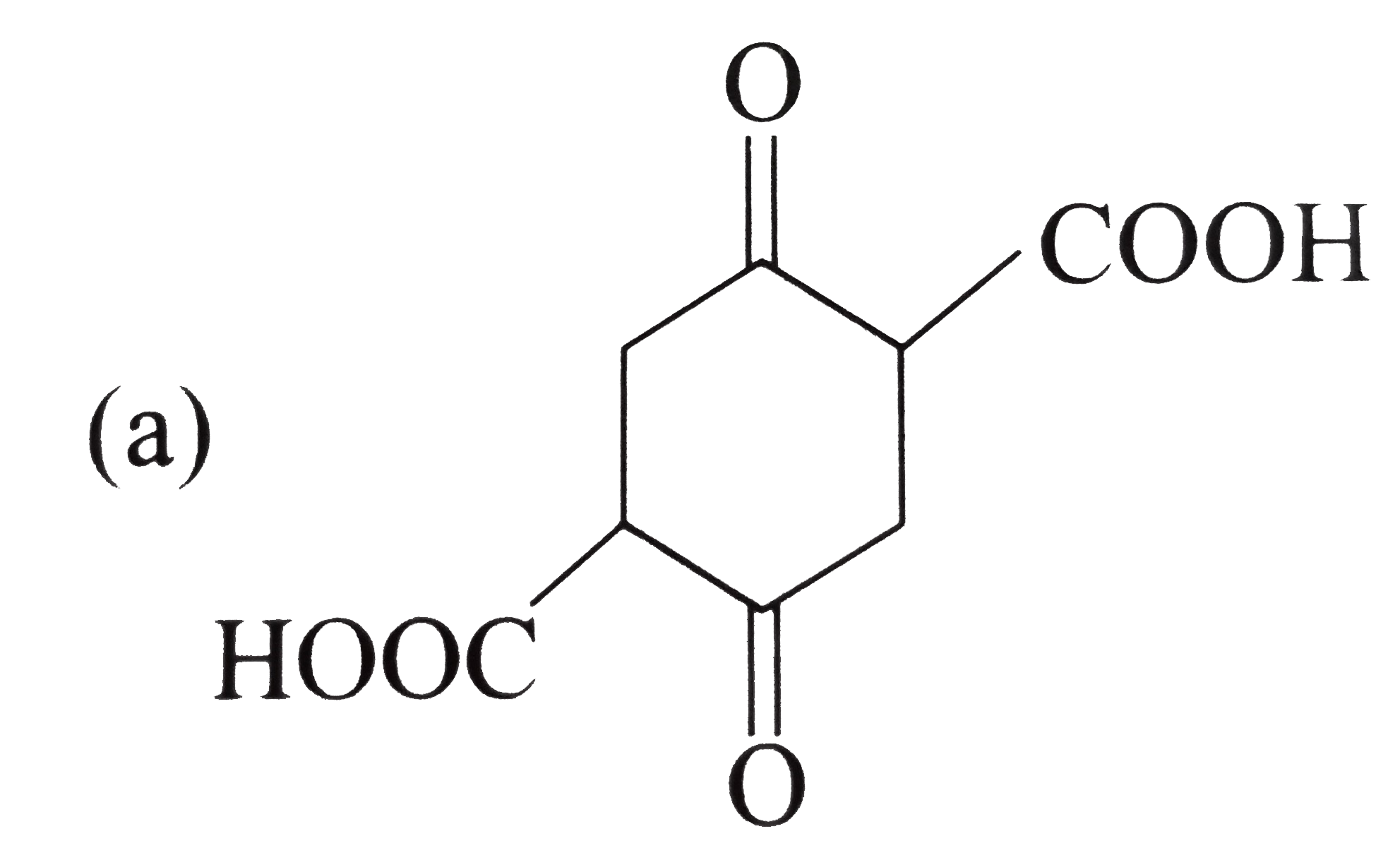
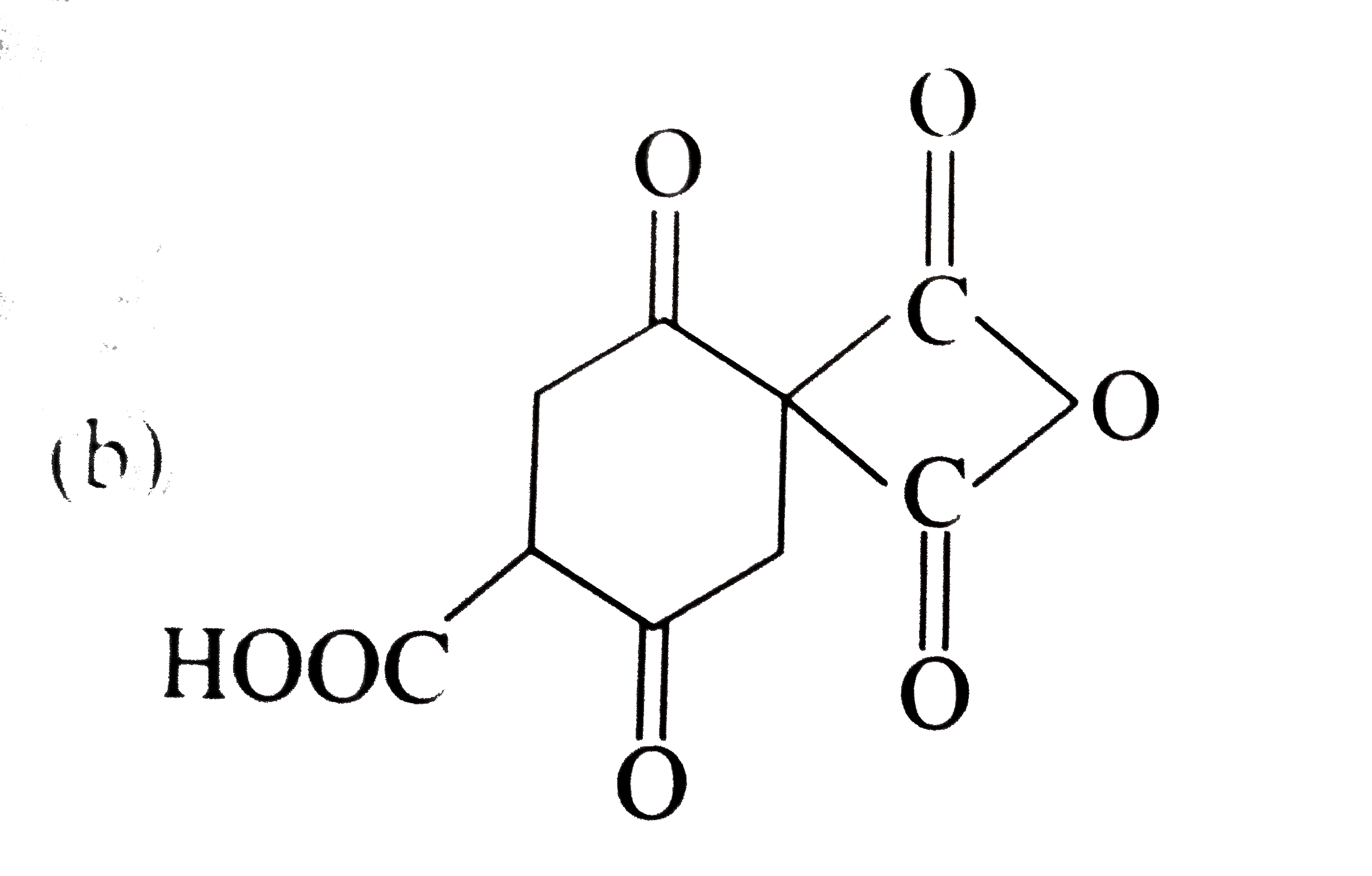
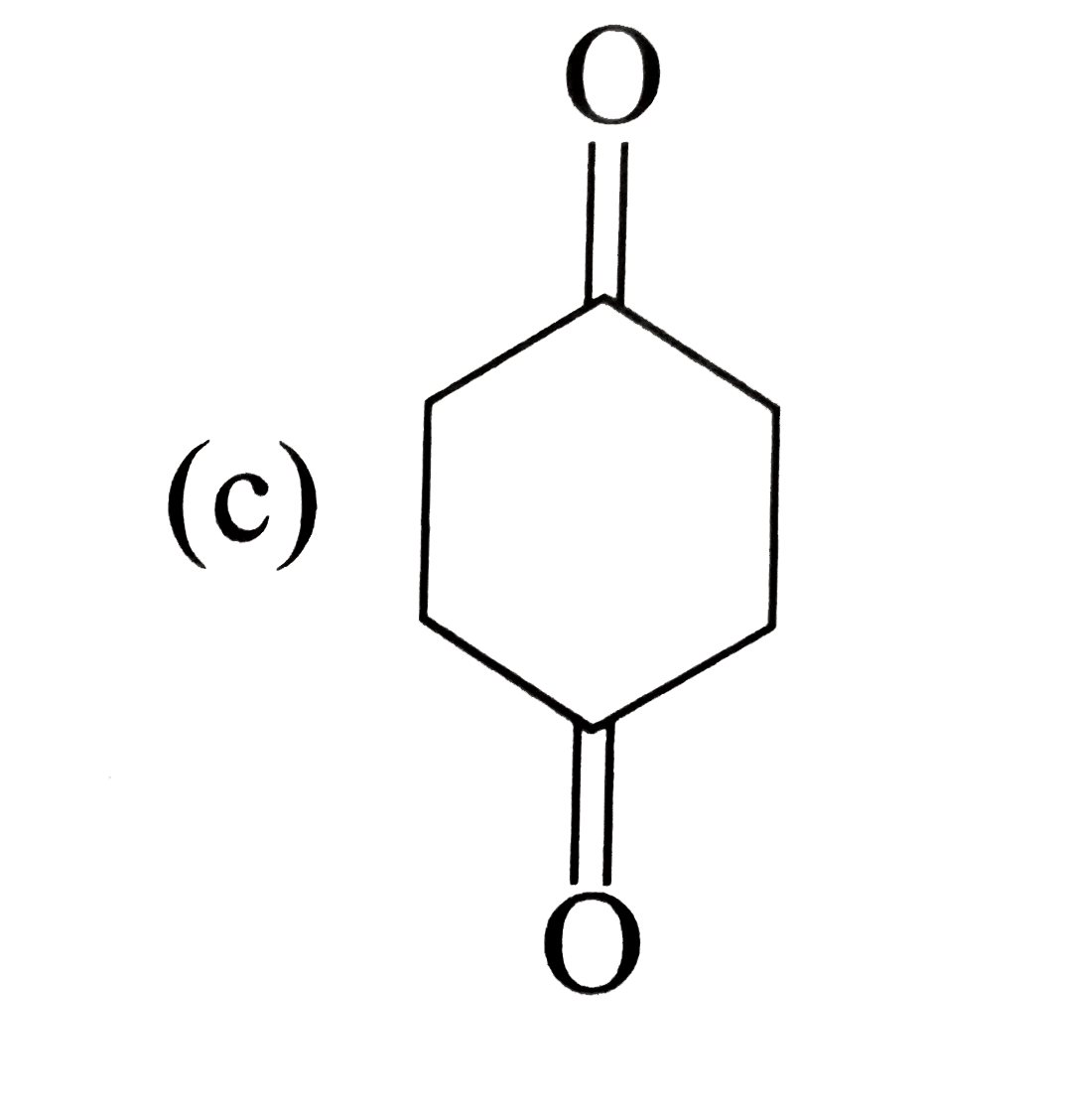
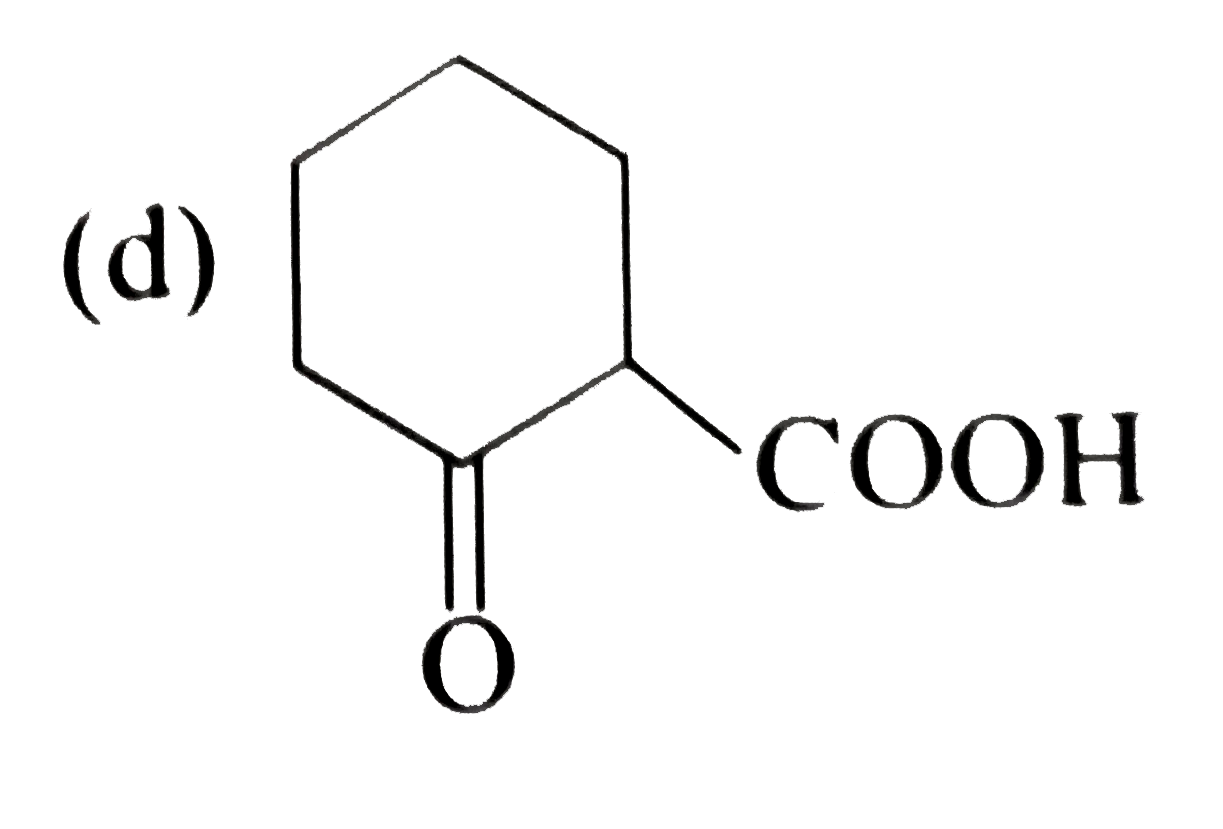
The correct Answer is:C
Step by step video, text & image solution for The decarboxylation of beta-ketoacids beta,gamma-unsaturated acid an germinal diacid proceed through the fomultlon of cyclic transition state in presence of heat. by Chemistry experts to help you in doubts & scoring excellent marks in Class 12 exams.
Updated on:21/07/2023Topper's Solved these Questions
- CARBOXYLIC ACIDS AND THEIR DERIVATIVESBOOK - OP TANDONCHAPTER - CARBOXYLIC ACIDS AND THEIR DERIVATIVESEXERCISE - Integer
4 Videos
- CARBOXYLIC ACIDS AND THEIR DERIVATIVESBOOK - OP TANDONCHAPTER - CARBOXYLIC ACIDS AND THEIR DERIVATIVESEXERCISE - Brain storming problems
30 Videos
- BASIC PRINCIPLES OF ORGANIC COMPOUNDS (MECHANISM OF ORGANIC REACTIONS)BOOK - OP TANDONCHAPTER - BASIC PRINCIPLES OF ORGANIC COMPOUNDS (MECHANISM OF ORGANIC REACTIONS)EXERCISE - SINGLE INTEGER ANSWER TYPE QUESTIONS
4 Videos
- CHEMICAL KINETICSBOOK - OP TANDONCHAPTER - CHEMICAL KINETICSEXERCISE - LINKED COMPRESHENSION TYPE QUESTIONS ( SECTION-VI)
4 Videos
Similar Questions
Alkylhalides have polar C-X bond and undergo nucleophilic substitution reactions. These give a variety of products with nucleophiles such as −OH,−OR,−NH2,−CN,−NC,−NO2,−ONO,RCOO−, etc. They undergo mainly two types of nucleophilic substitution reactions, SN1 and SN2. SN1 reactions are two steps reactions which proceed through the formation of carbocations while SN2 reactions are one step reaction which proceeds through the formation of transition state. The stability of carbocation and transition state determine the reactivity of alkyl halides.
Complete the reaction:
CH3CH2BrAg2O−−→Heat
View SolutionAlkylhalides have polar C-X bond and undergo nucleophilic substitution reactions. These give a variety of products with nucleophiles such as −OH,−OR,−NH2,−CN,−NC,−NO2,−ONO,RCOO−, etc. They undergo mainly two types of nucleophilic substitution reactions, SN1 and SN2. SN1 reactions are two steps reactions which proceed through the formation of carbocations while SN2 reactions are one step reaction which proceeds through the formation of transition state. The stability of carbocation and transition state determine the reactivity of alkyl halides.
Complete the reaction:
CH3CH2BrAg2O−−→Heat
View Solution
Knowledge Check
The decarboxylation of β - ketoacids, β,γ - unsaturated acid and geminal diacid proceed through the formation of cyclic transition state in presence of heat.
CH3−O||C−CH2−O||C−OHΔ−−→CH3−O||C−CH3
Mechanism:
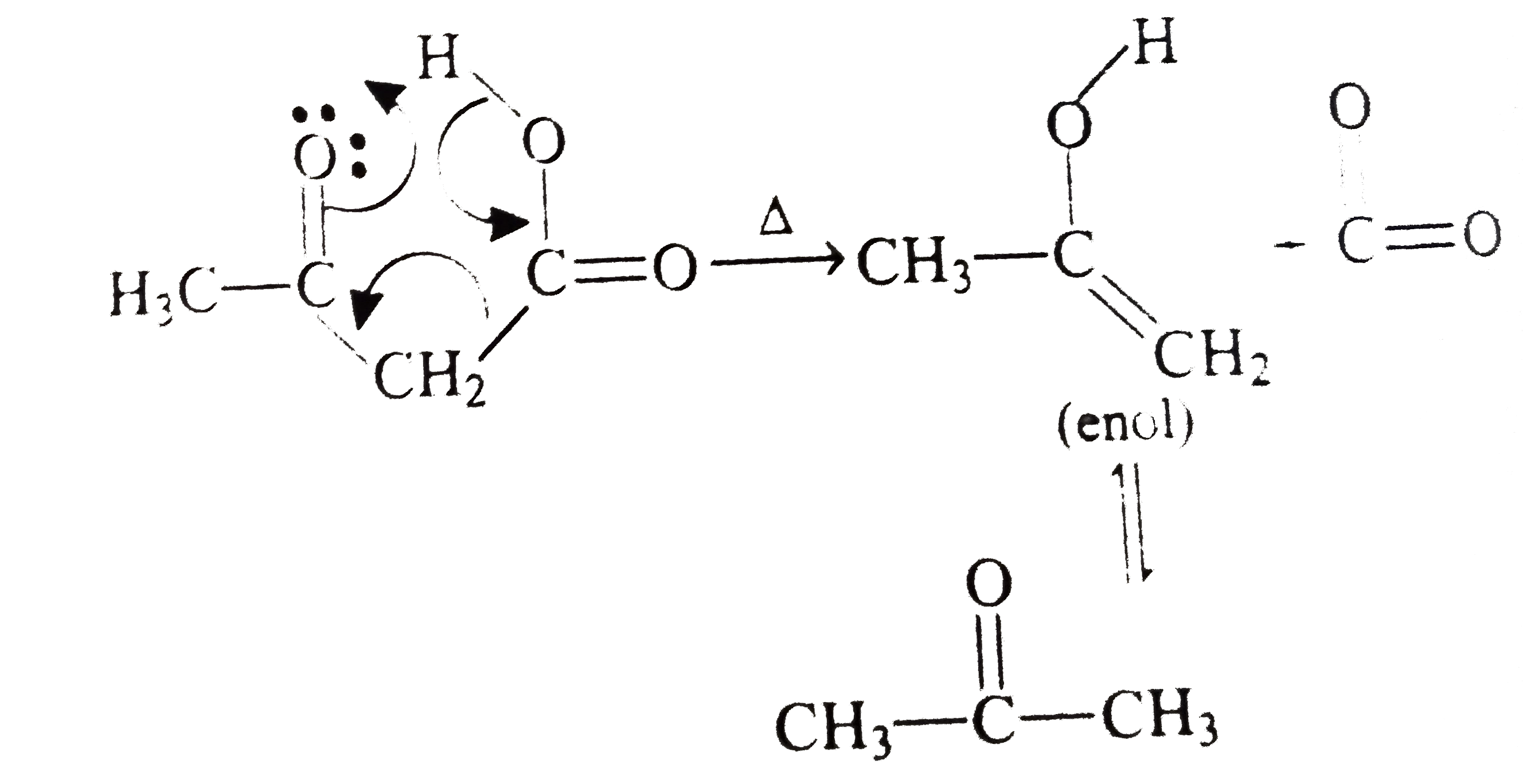
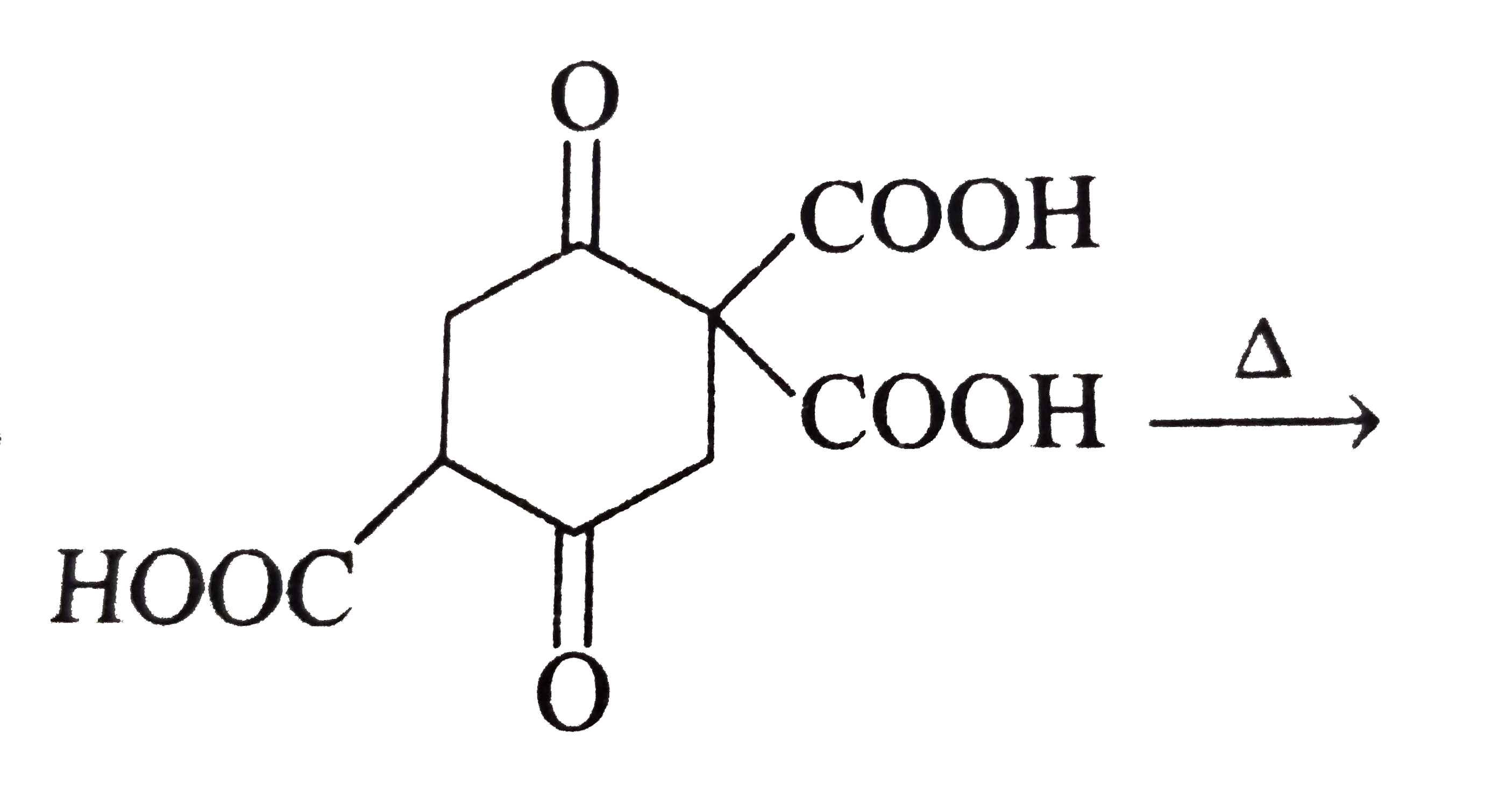 A
A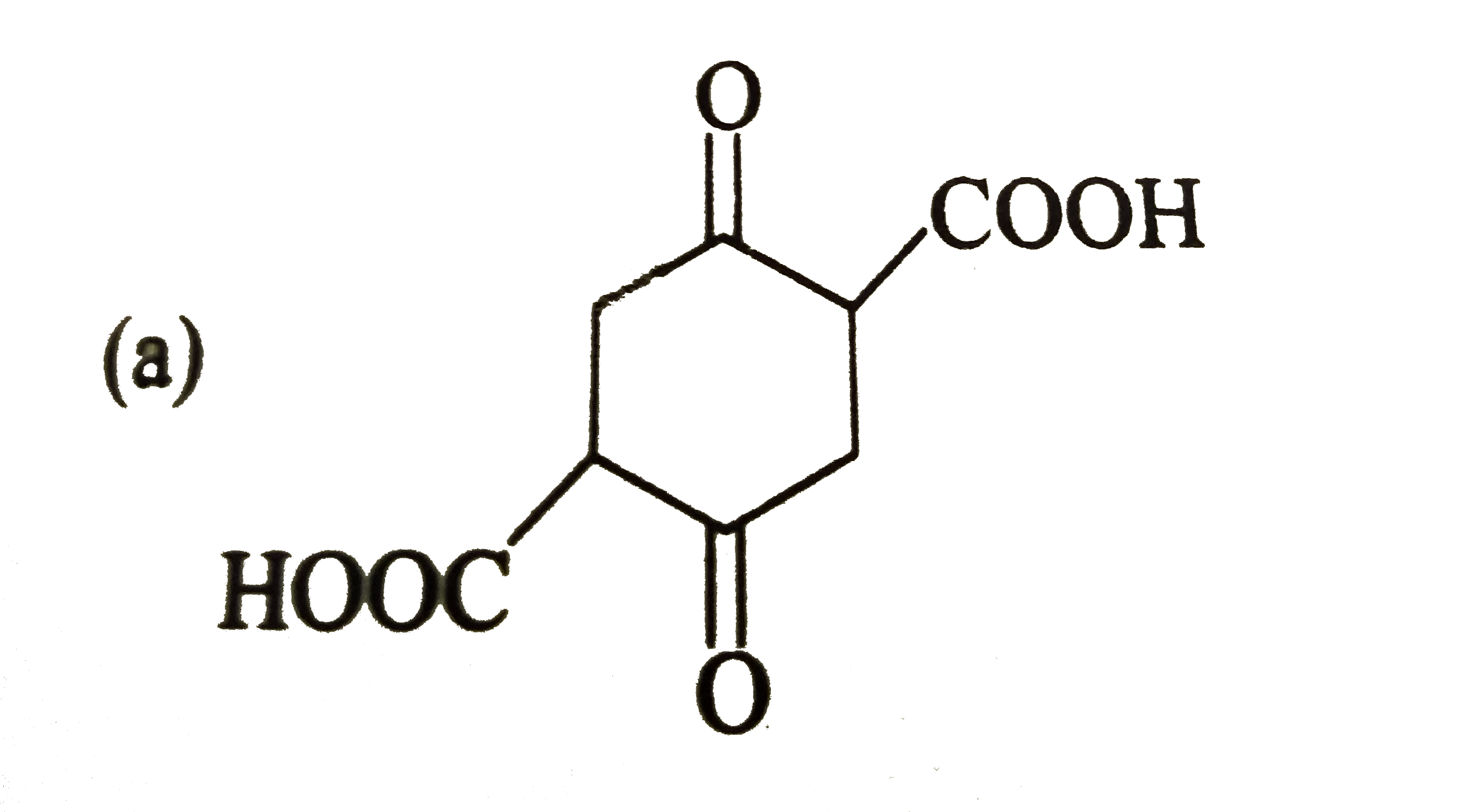 B
B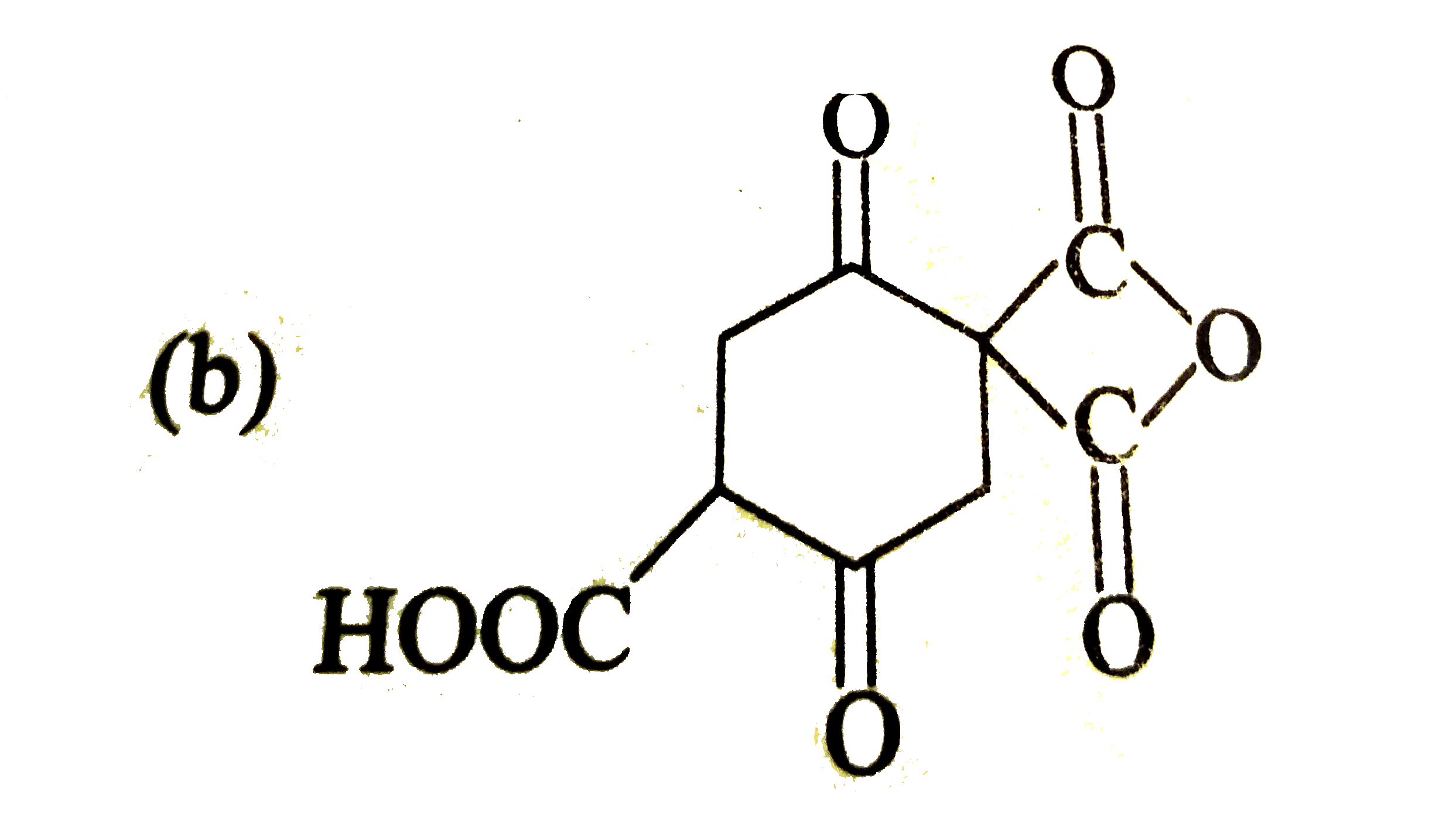 C
C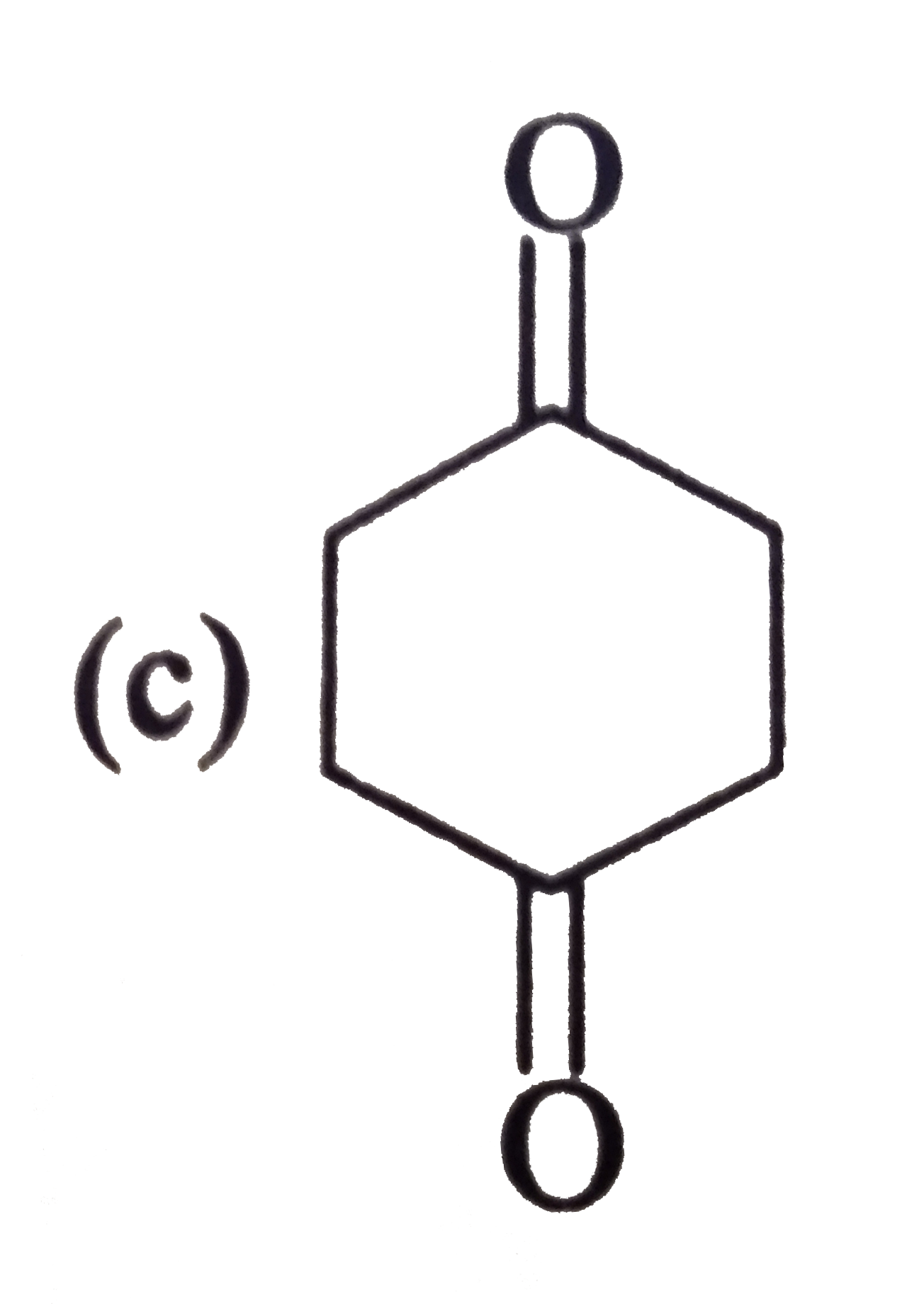 D
D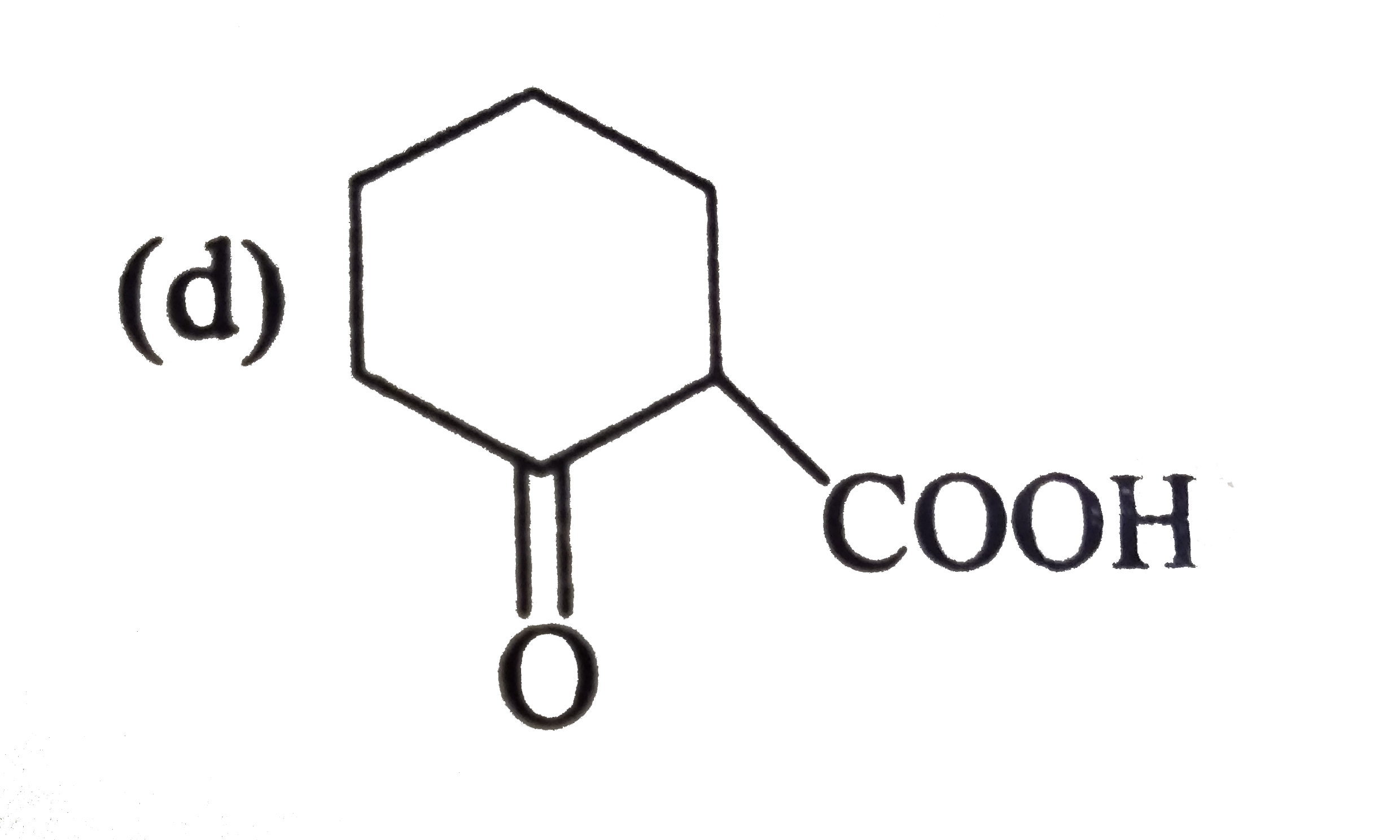
The decarboxylation of β - ketoacids, β,γ - unsaturated acid and geminal diacid proceed through the formation of cyclic transition state in presence of heat.
CH3−O||C−CH2−O||C−OHΔ−−→CH3−O||C−CH3
Mechanism:
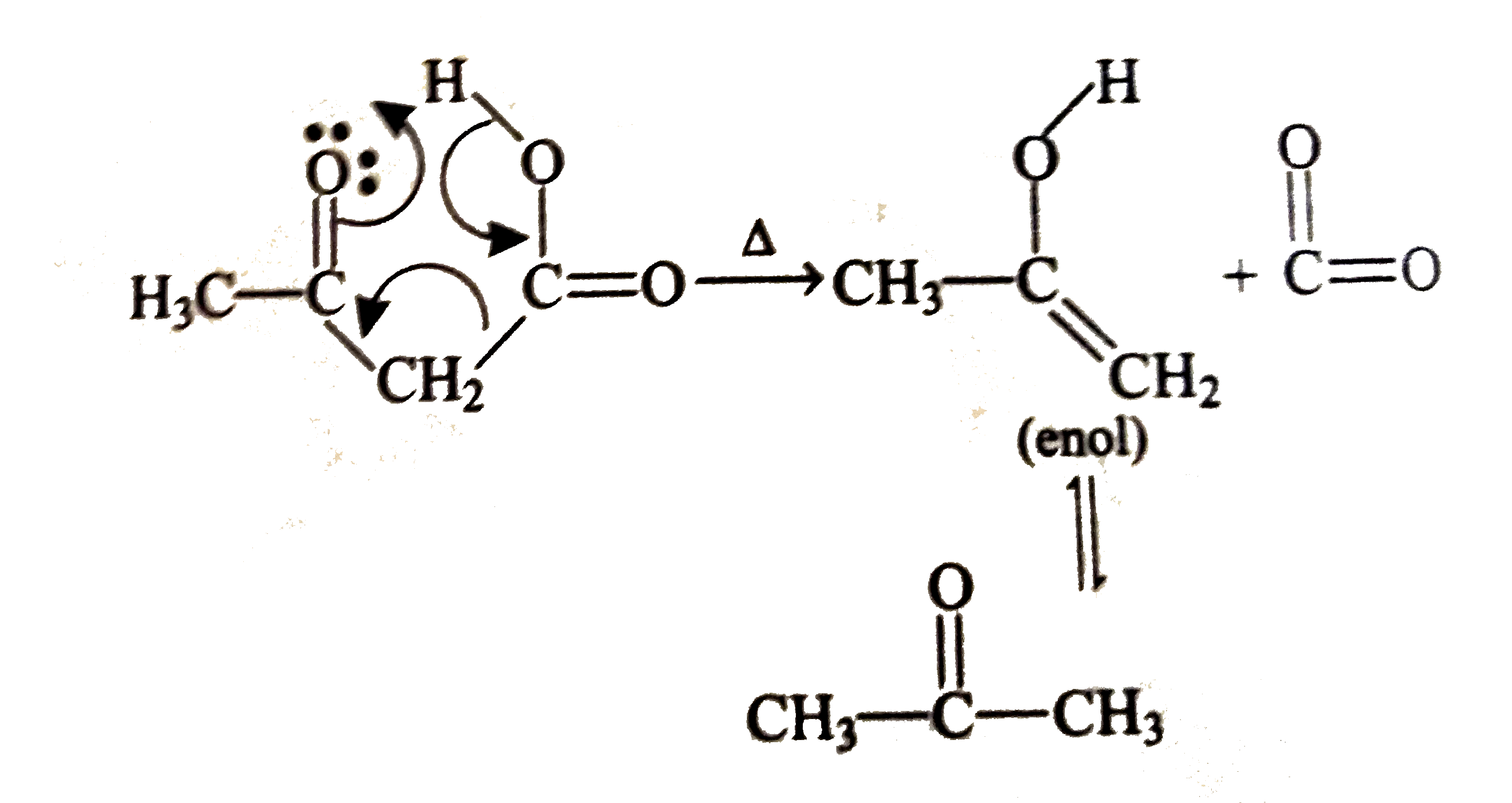
Find the product of following reaction :
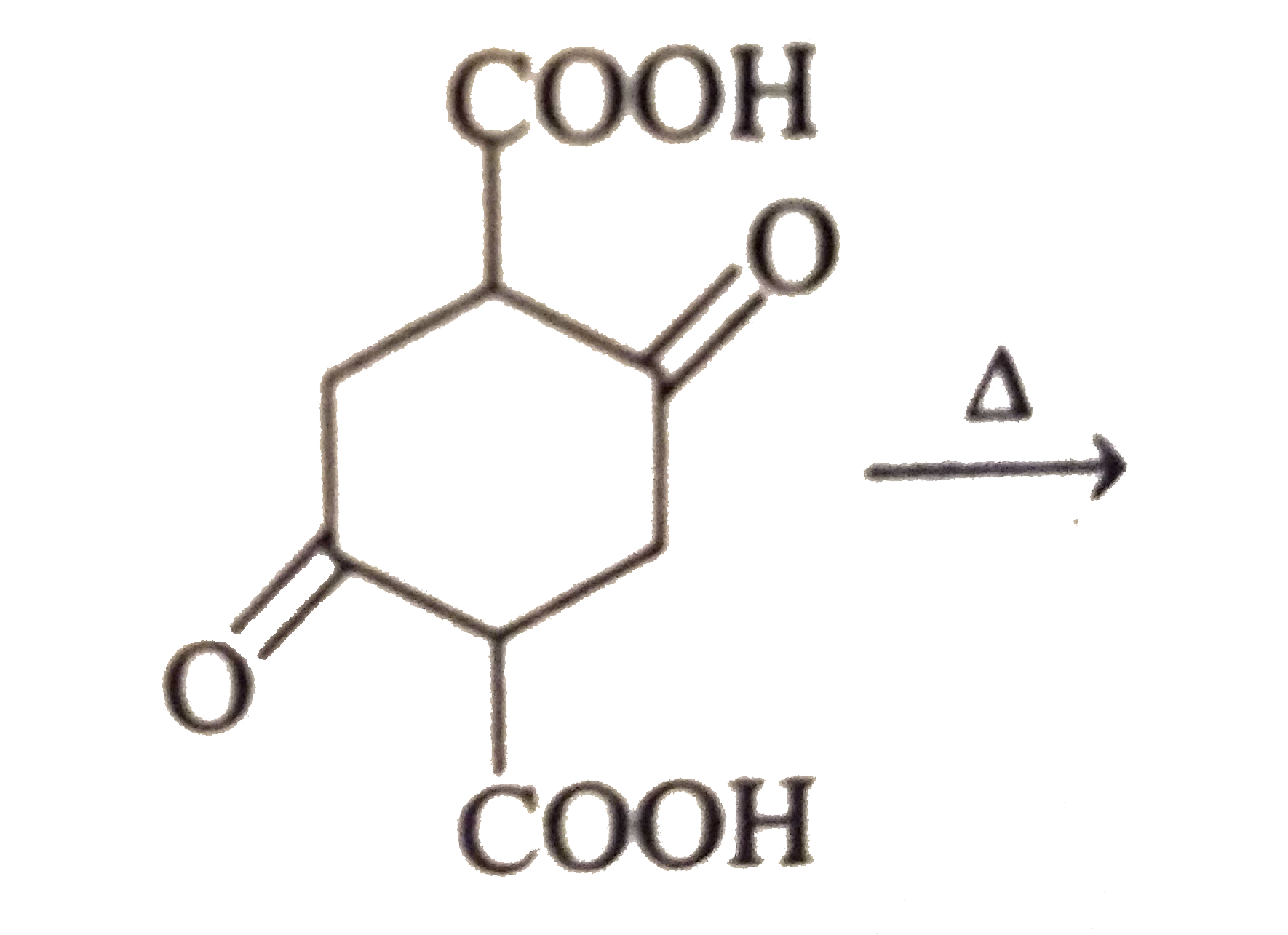 A
A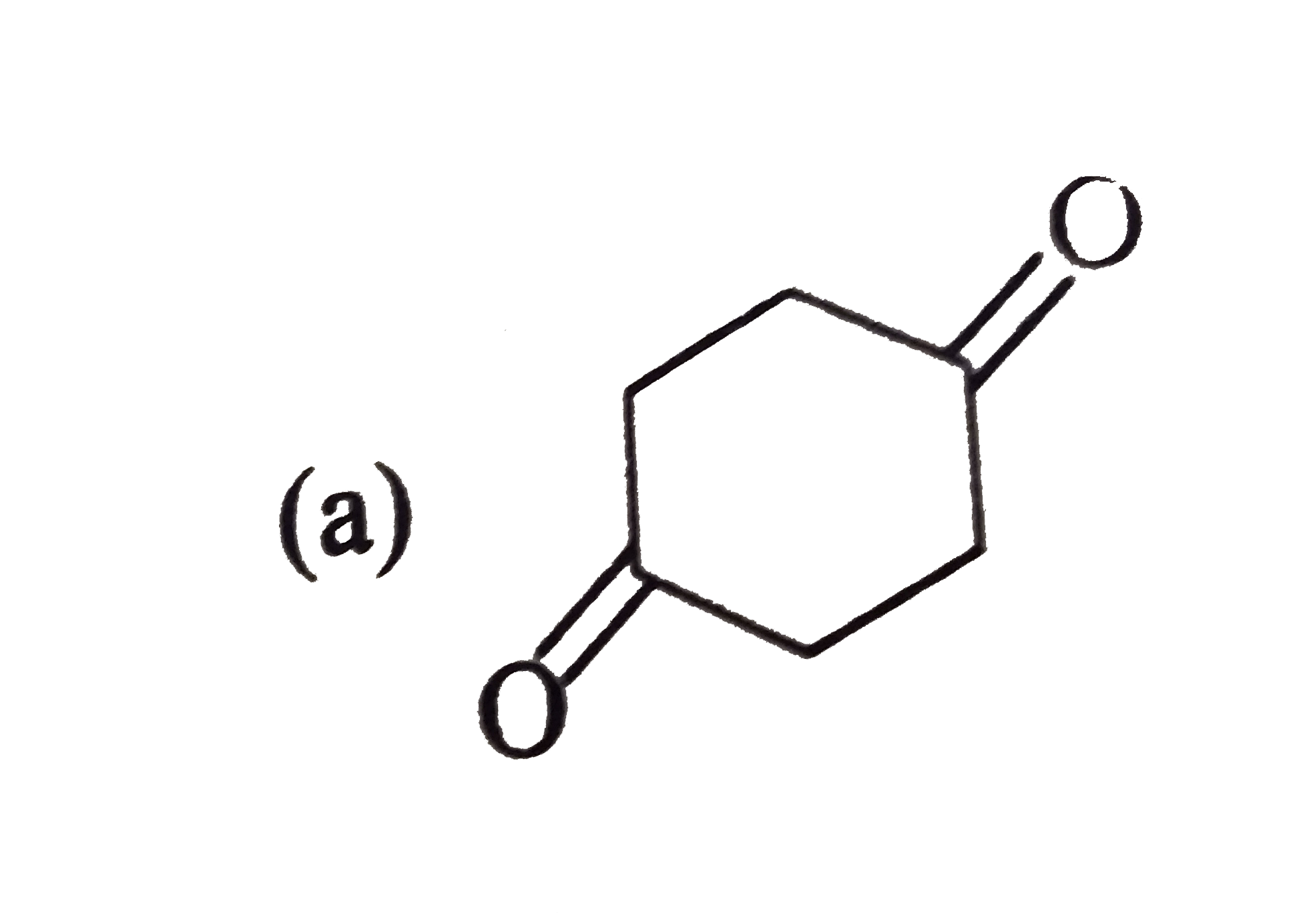 B
B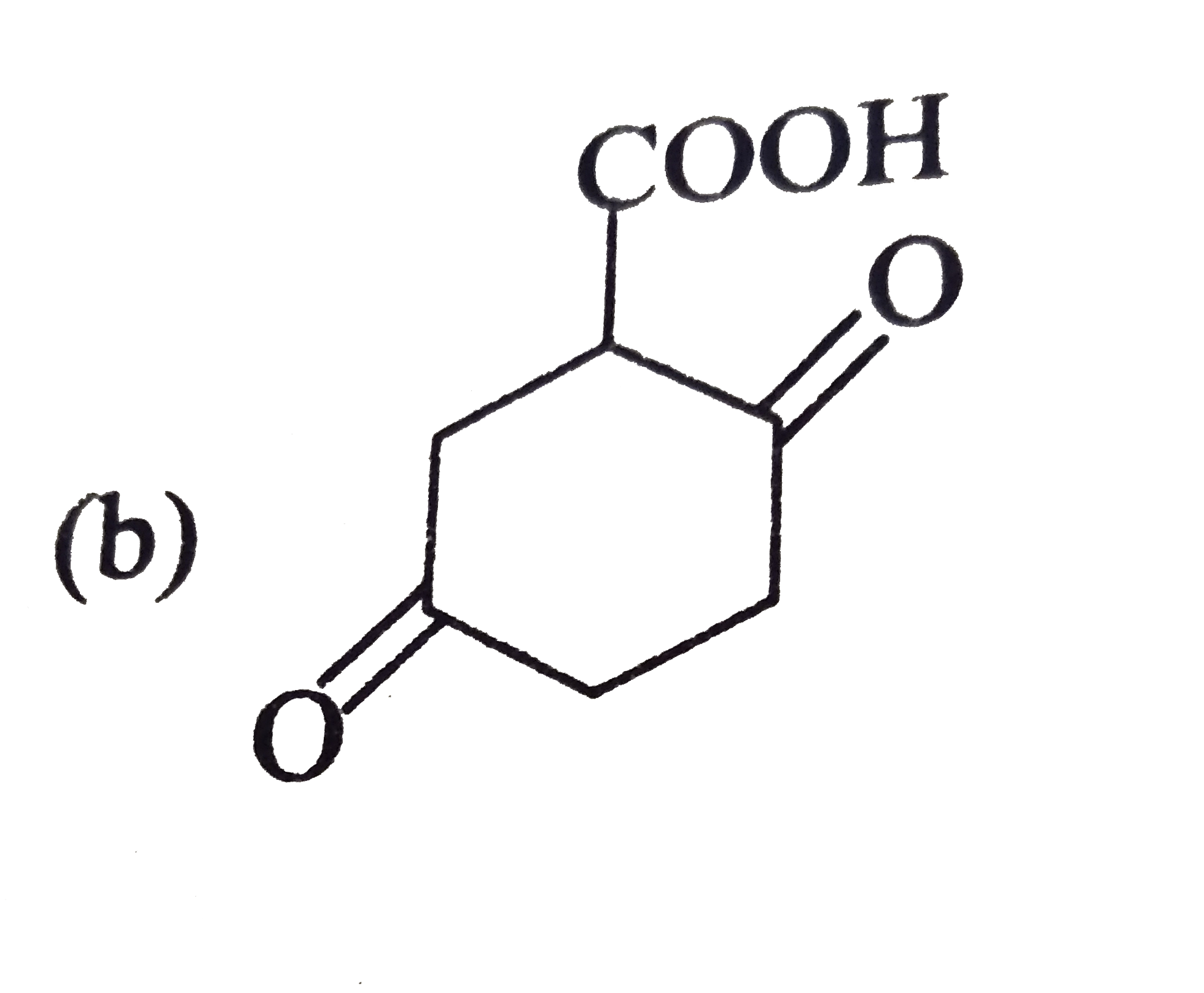 C
C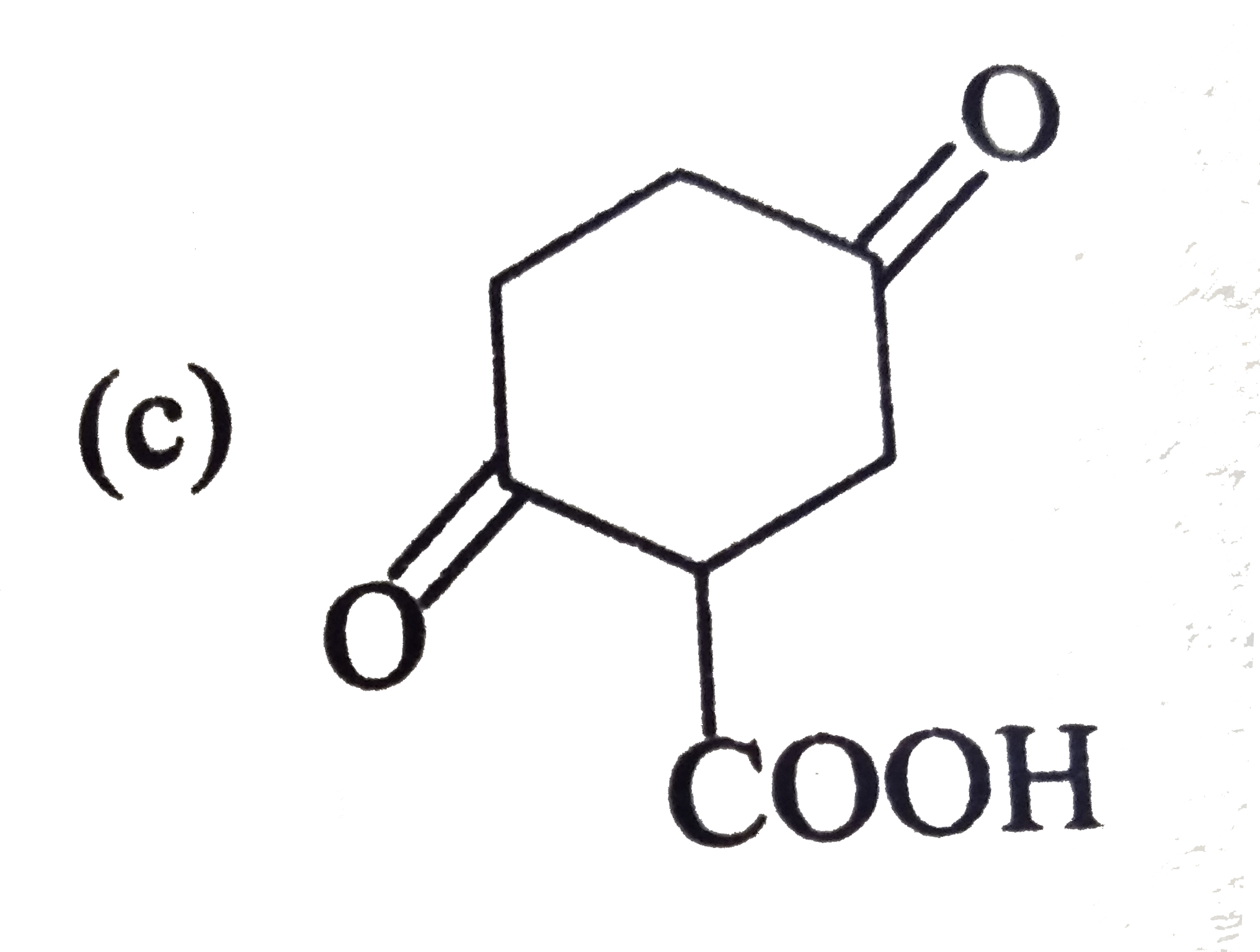 D
D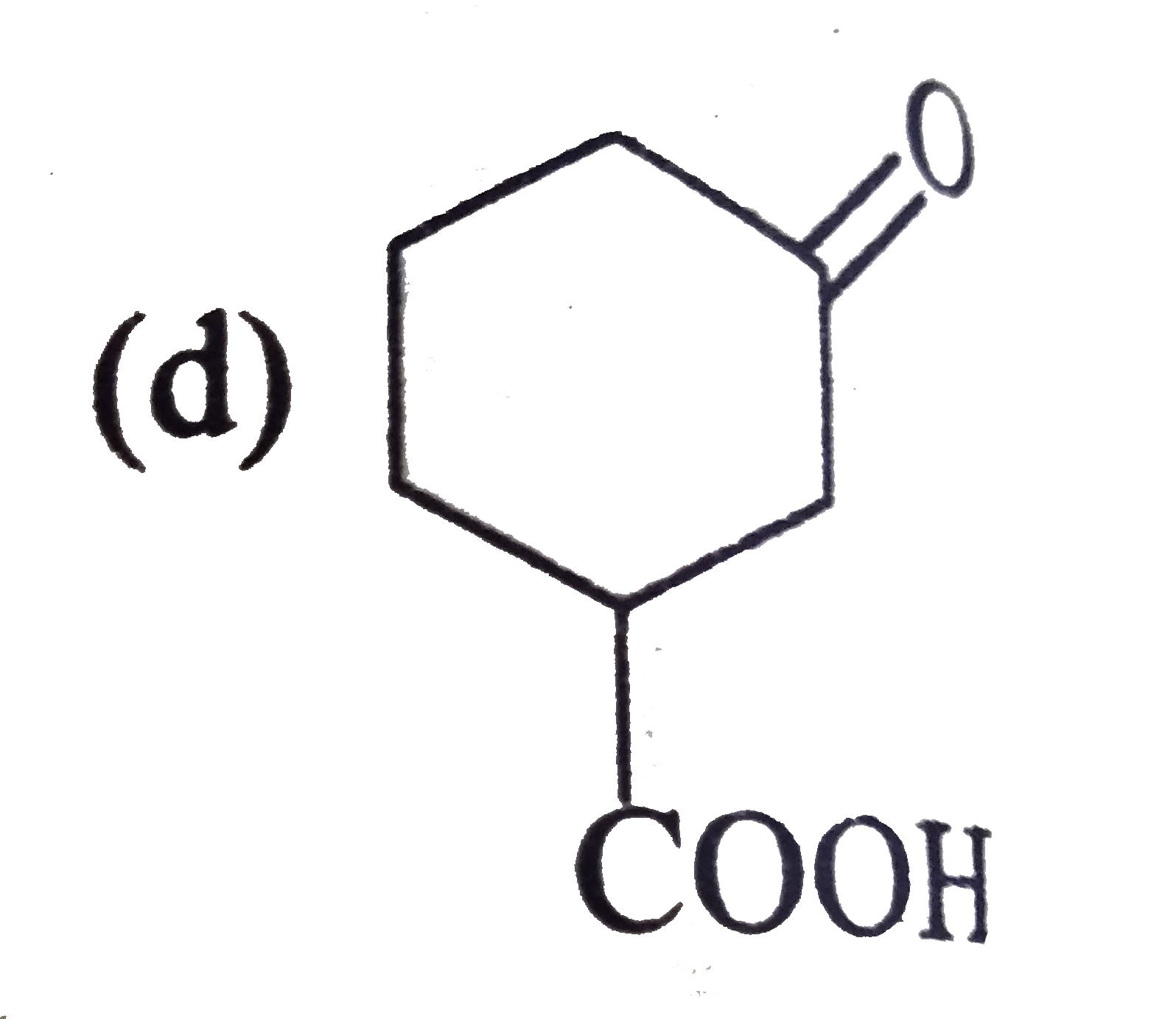
The decarboxylation of β - ketoacids, β,γ - unsaturated acid and geminal diacid proceed through the formation of cyclic transition state in presence of heat.
CH3−O||C−CH2−O||C−OHΔ−−→CH3−O||C−CH3
Mechanism:
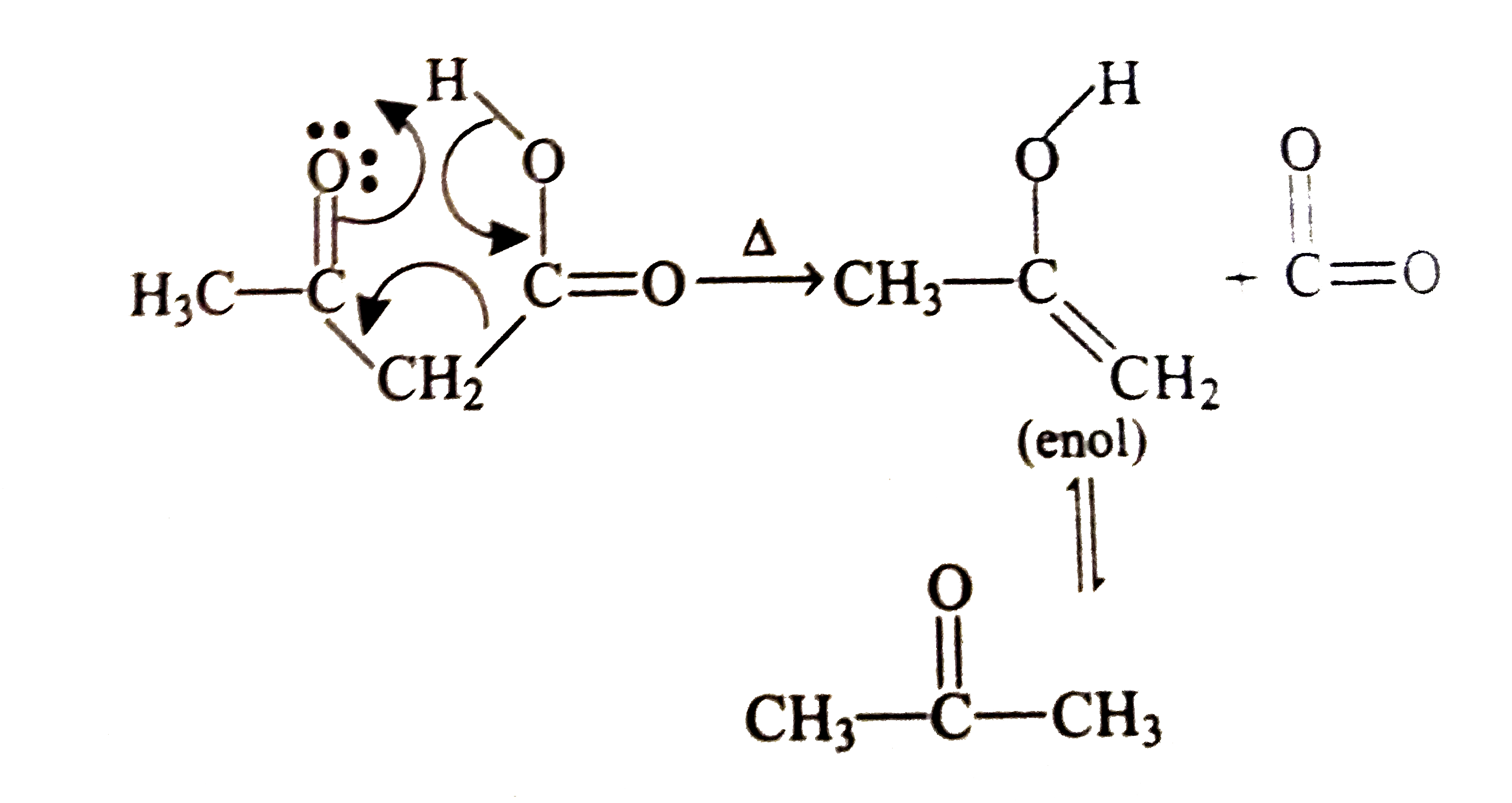
Find the correct product of following reaction:
H3C−CH=CH−CD2−O||C−OHΔ−−→AH3C−CH2−CH=CD2BCH3−CH=CH−CHD2CH3C−C∣CHD2=CH2DNone of these
Decarboxylation from geminal Dicarboxylic Acid ,Beta Keto Acid ,Beta Unsaturated Acid Etc
View SolutionEffect OF Heat on (1) Beta Keto (2) Beta Imino Acid (3) Beta , Gamma Unsaturated Acid (4) Amino Acids (5) Hydroxy Acids (6) Ca Salt OF Carboxylic Acid and Effect OF Heat on Beta
View SolutionStatement-1: Decarboxylation of β- keto acid is very difficult
and
Statement-2: Decarboxylation takes place via a six membered cyclic transition state.
View SolutionThere are number of organic compounds including esters, xanthate esters, amine oxides etc., that undergo pyrolytic elimination with heat in the absence of added reagent, either in inert solvent or in the absence of solvent. In general these elimination follow the rate law.
Rate ∝[Substrate]
However reaction is different from E1 elimination by the degree of syn-stereoselectivity that they exhibit. These reactions are also known as E1 elimination and the degree of syn-stereoselectivity reflect the extent to which they proceed via cyclic transition state.

Find the major product of the following reaction :
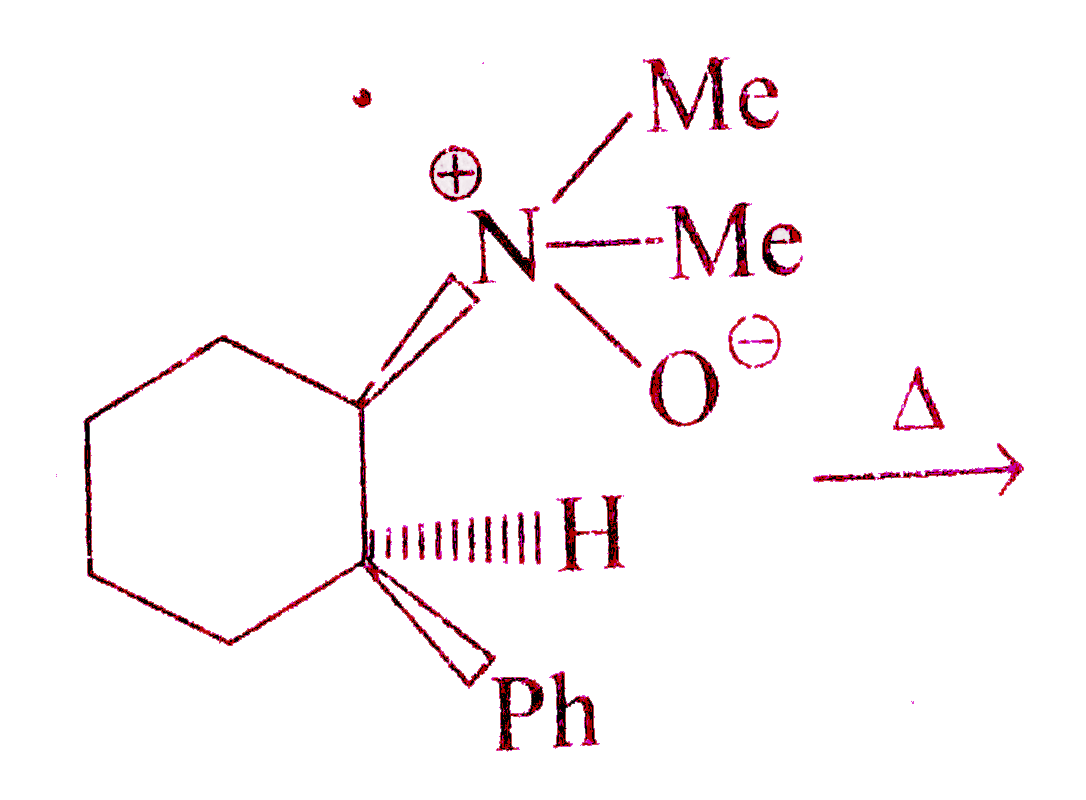
View SolutionThere are number of organic compounds including esters, xanthate esters, amine oxides etc., that undergo pyrolytic elimination with heat in the absence of added reagent, either in inert solvent or in the absence of solvent. In general these elimination follow the rate law.
Rate ∝[Substrate]
However reaction is different from E1 elimination by the degree of syn-stereoselectivity that they exhibit. These reactions are also known as E1 elimination and the degree of syn-stereoselectivity reflect the extent to which they proceed via cyclic transition state.

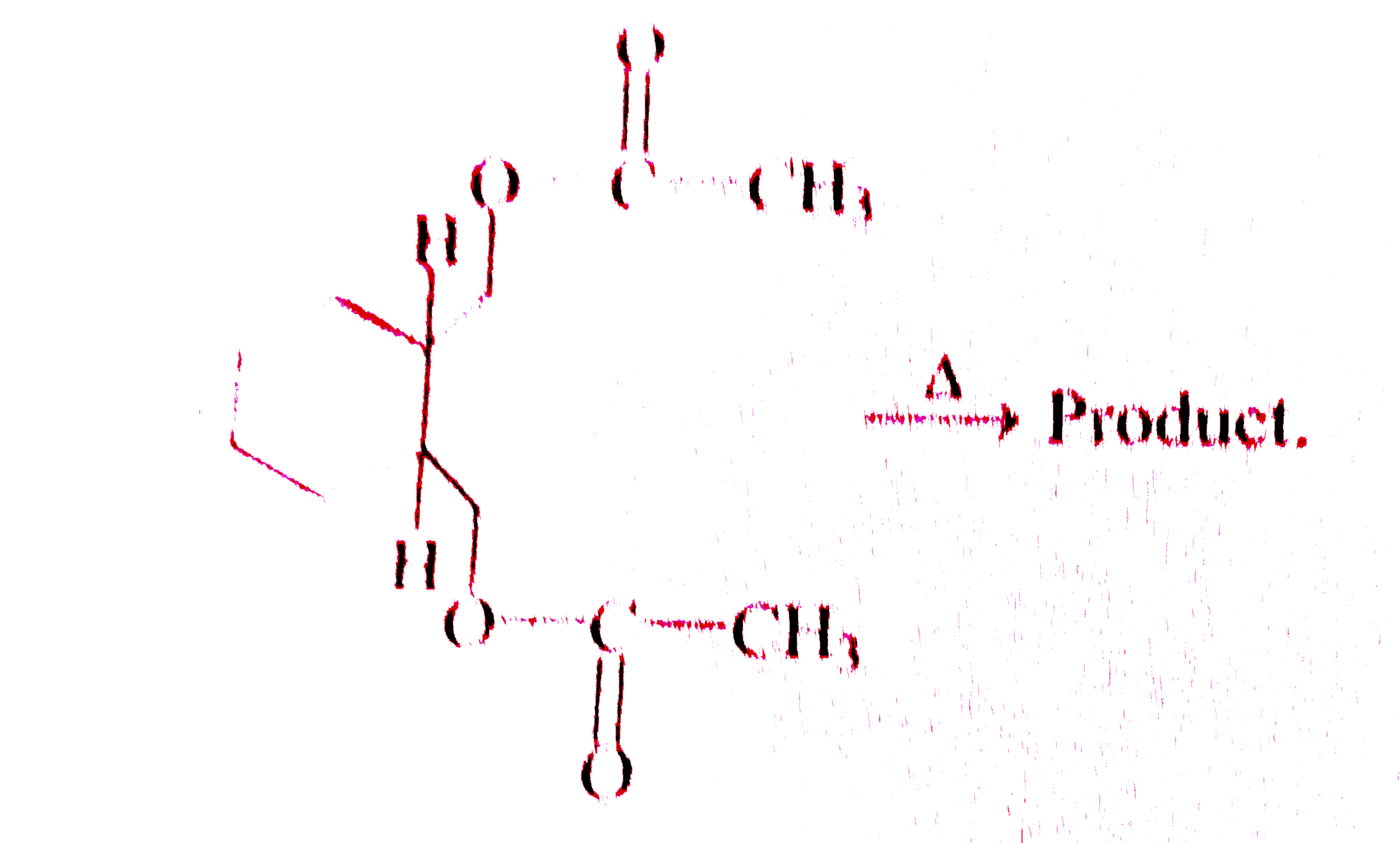
Find the structure of product :
View Solution
